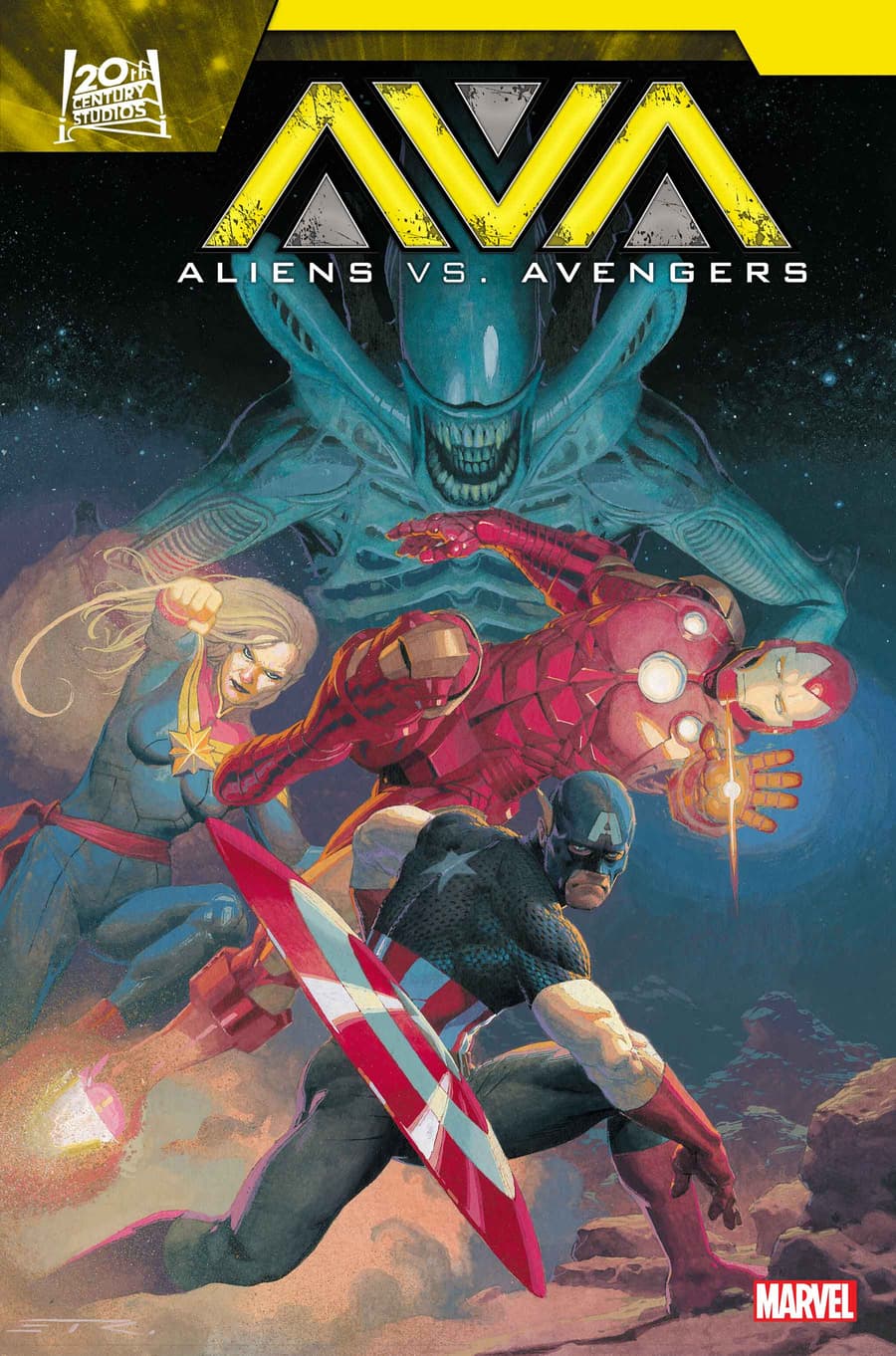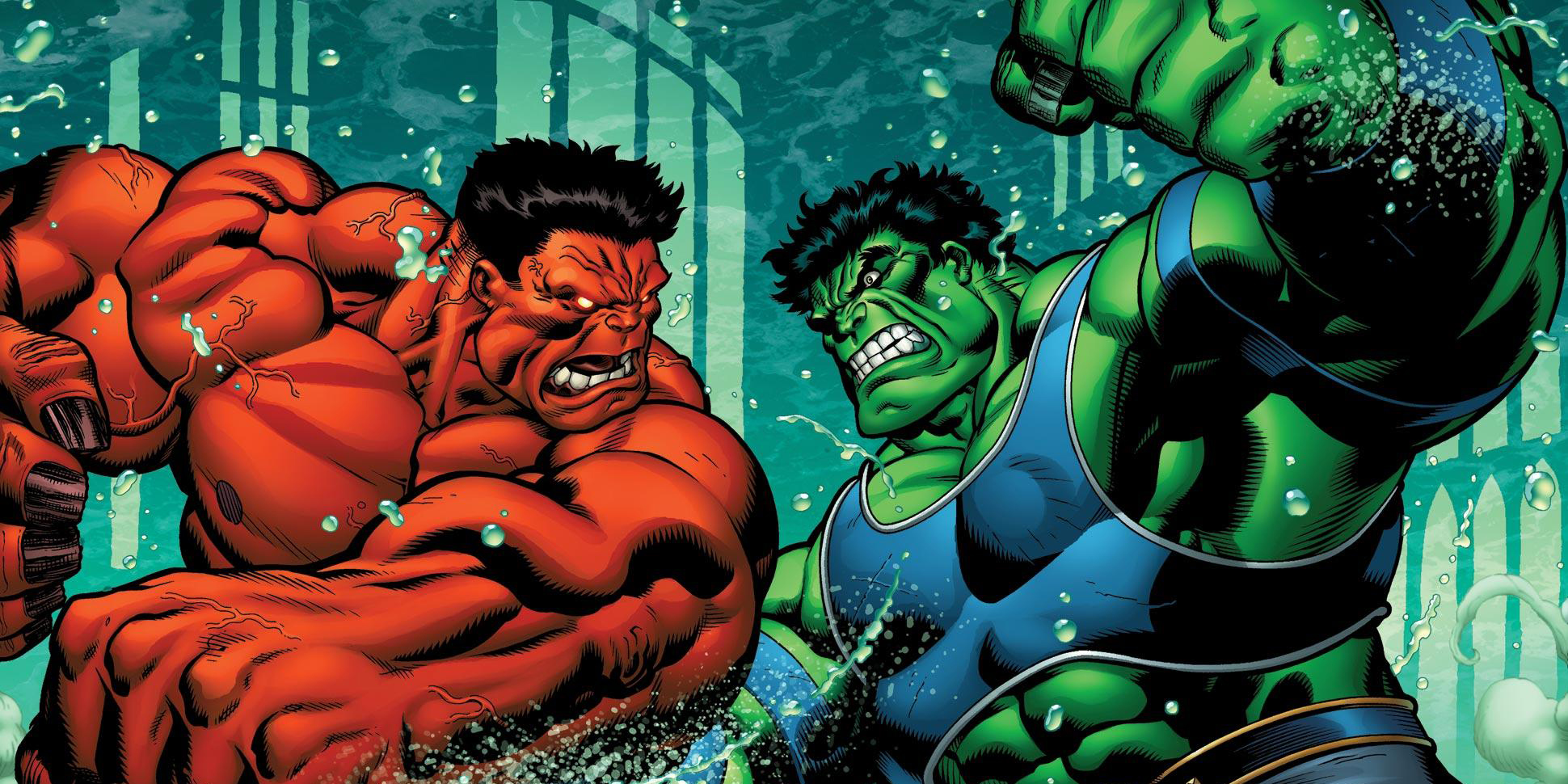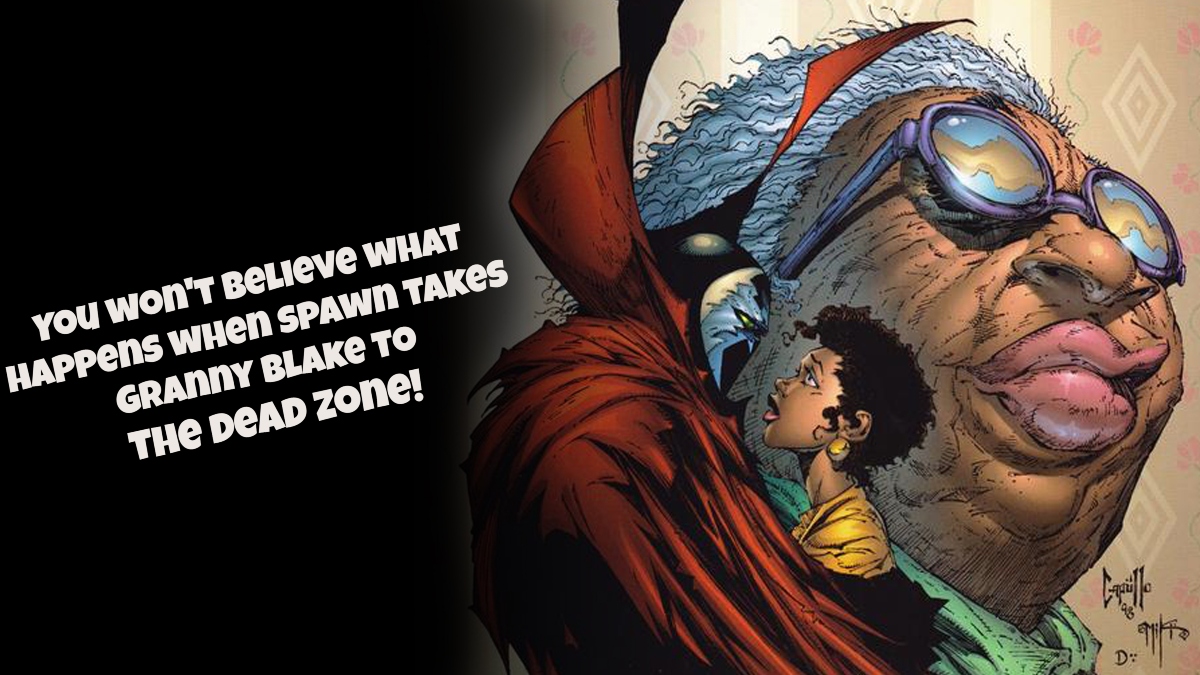LRM recently had a chance to hop on the phone with director Carlos Lopez Estrada to discuss his latest film, Blindspotting, which stars Hamilton’s Daveed Diggs and relatie newcomer Rafael Casal.
Below is the official synopsis for the film:
Collin (Daveed Diggs) must make it through his final three days of probation for a chance at a new beginning. He and his troublemaking childhood best friend, Miles (Rafael Casal), work as movers, and when Collin witnesses a police shooting, the two men’s friendship is tested as they grapple with identity and their changed realities in the rapidly-gentrifying neighborhood they grew up in. Longtime friends and collaborators, Daveed Diggs and Rafael Casal co-wrote and star in this timely and wildly entertaining story about friendship and the intersection of race and class set against the backdrop of Oakland. Bursting with energy, style, and humor, and infused with the spirit of rap, hip hop, and spoken word, Blindspotting, boldly directed by Carlos López Estrada in his feature film debut, is a provocative hometown love letter that glistens with humanity.
In our conversations with Estrada, we discuss the difficulty of tackling difficult subjects and the pressure that comes along with it.
LRM: How was it to work with Daveed Diggs and Rafael Casal? I mean, I know you guys are friends, you have a history, you guys know … But in this case, putting aside the friendship, working with the lead actors, who also doubled as the screenwriters?
Etrada: I mean, it was definitely a very sweet experience. We’ve worked together all kinds of projects, music, theater, poetry, like music videos. So we have a longstanding relationship, but obviously the amount of time and the amount of work that went into this movie wasn’t like anything that we’d ever done. We were working on the same project for somewhere between six and nine months, so as you can imagine, our relationship definitely grew in many ways that it hadn’t before.
But honestly, they’re both great guys. They’re both really smart, really creative artists. And I think they respect what I do, so it wasn’t as hard as I think it could’ve been with anyone else.
LRM: I do wanna say that this film was very on point to what is going on today. I mean, you covered identity, racism, stereotyping. How are you able to balance it all and integrate it all so well? And which would you say was the most challenging?
Etrada: I mean, I think that the most challenging thing was just being able to balance all the different ideas, all the different issues, all the different tones that the movie deals with. It’s a comedy in one scene and then it’s this really serious drama in the next scene, and it goes back to comedy, and so forth.
So I think the biggest challenge was making sure that it maintains a balance, and making sure that you were getting all that you were supposed to be getting out of the movie without being overwhelmed, without being confused, without letting the drama distract from the comedy, the comedy to distract from the drama. But it’s just a really, really specific, really tricky balance act.
LRM: You have a good combo of scenes. You have the drama, a serious drama, you have the comedy, you have the rapping, the music in there, integrated, etc. Which one would you say was your most favorite that you enjoyed filming?
Etrada: Yeah, that’s a good question. I’m not sure that I have a favorite one. I mean, there’s a scene that takes place in a bar, and there’s a bar fight and there’s a lot of comedy, and it also, it gets really serious. So I think it encompasses sort of like everything in the movie, but in one scene. So I think that particular one was an exciting one for me to film.
LRM: Okay. And then which one would you say was the most challenging?
Etrada: I think probably the final scene, where Daveed encounters the police, a policeman that’s been more or less haunting his dreams, and it’s the big climax of the movie, and there’s music involved, and it’s emotionally a very complicated scene, so I think that probably … not that it was hard, it was just I think, there was a lot of pressure to make sure it worked.
LRM: Yes, that was a pretty intense scene. I would say that was one of my favorite. How was it filming that? Did it take a long shooting for that specific part where you have Colin just pretty much releasing all the stress and everything he’s been going through, everything that had accumulated?
Etrada: Yeah. I think that was the only thing in the whole shoot where we didn’t make our day, where we didn’t shoot everything we were supposed to shoot, just because that scene took so long. But we wanted to make sure we got it right, and we wanted to make sure that we weren’t rushing Daveed through it. So that was the one scene where we weren’t able to fit everything that we were gonna shoot, and we just took extra time to do it, and then we came back and did the rest another day.
LRM: I see. Well, also, as a young filmmaker, did you feel any pressure covering some of the controversial topics that you did cover in this film?
Etrada: Yeah, definitely. I mean, I think there were a number of reasons why I was hesitant to direct this movie. And I made sure that, as soon as I got offered the job, that I communicated the concerns of mine, but they were very supportive from day one. They made sure that I knew that they wanted me to do it, and that they thought I was the only person who could pull it off. Yeah, and I gained their trust. And I trust them too as artists, and I trust them as writers, so I think having their support and having their trust was essential for me to feel comfortable doing this.
LRM: Well, I think you did a great job. one of the things that it didn’t shy away was when it came to covering the gun violence. Did you struggle in any way in how to portray it in the film?
Etrada: Yeah, I mean, definitely, that was one particular scene. Obviously we could have a much longer conversation about guns and gun control, gun violence. But you know, I personally have never shot a gun, and I’ve been around guns, but not as often as the characters in the movie. And here we have, especially the whole movie’s structured around a gun, and so the effect that it has on the family and that group of people.
So it was definitely very challenging I think for me to look at some of the scenes, you know, there’s this scene, without giving too much away, there’s this scene where the gun is left unattended, and then someone younger in the house picks up the gun. And there were definitely a lot of really difficult moments in the shoot that we wanted to be able to capture.
And just as the movie’s sorta like swaying emotions easily, I think that the shooting felt the same way. One minute we were shooting this scene where the whole crew is fighting to not laugh, and then the next second we were shooting a scene where the whole crew is trying to not cringe or cry. So it was definitely … we went on the same ride that then I hope people watching get to go through.
LRM: There’s no happy or sad ending, which made it rather real. What would you say, if there’s a message you hope the viewers take after watching the film?
Etrada: Yeah, I think we’ve made a big effort to not add a bow tie at the ending and feel like everything’s solved, and also to not make them feel like everything’s broken. I think that the movie ends on hopefully a note that keeps the conversation open, that it communicates that this is an ongoing conversation, that these are all issues that are not solved and finished, that these are all real topics that are happening right now, and that the door is open for people to have these difficult conversations.
And that really is what we’re hoping the movie does, inspires discussions, inspires questions and to encourage people to have these conversations that maybe they wouldn’t otherwise.
Blindspotting is out on Digital and Blu-Ray now!
Don’t forget to share this post on your Facebook wall and with your Twitter followers! Just hit the buttons on the top of this page.

 FOR FANBOYS, BY FANBOYS
Have you checked out LRM Online’s official podcasts and videos on The Genreverse Podcast Network? Available on YouTube and all your favorite podcast apps, This multimedia empire includes The Daily CoG, Breaking Geek Radio: The Podcast, GeekScholars Movie News, Anime-Versal Review Podcast, and our Star Wars dedicated podcast The Cantina. Check it out by listening on all your favorite podcast apps, or watching on YouTube!
Subscribe on: Apple Podcasts | Spotify | SoundCloud | Stitcher | Google Play
FOR FANBOYS, BY FANBOYS
Have you checked out LRM Online’s official podcasts and videos on The Genreverse Podcast Network? Available on YouTube and all your favorite podcast apps, This multimedia empire includes The Daily CoG, Breaking Geek Radio: The Podcast, GeekScholars Movie News, Anime-Versal Review Podcast, and our Star Wars dedicated podcast The Cantina. Check it out by listening on all your favorite podcast apps, or watching on YouTube!
Subscribe on: Apple Podcasts | Spotify | SoundCloud | Stitcher | Google Play






